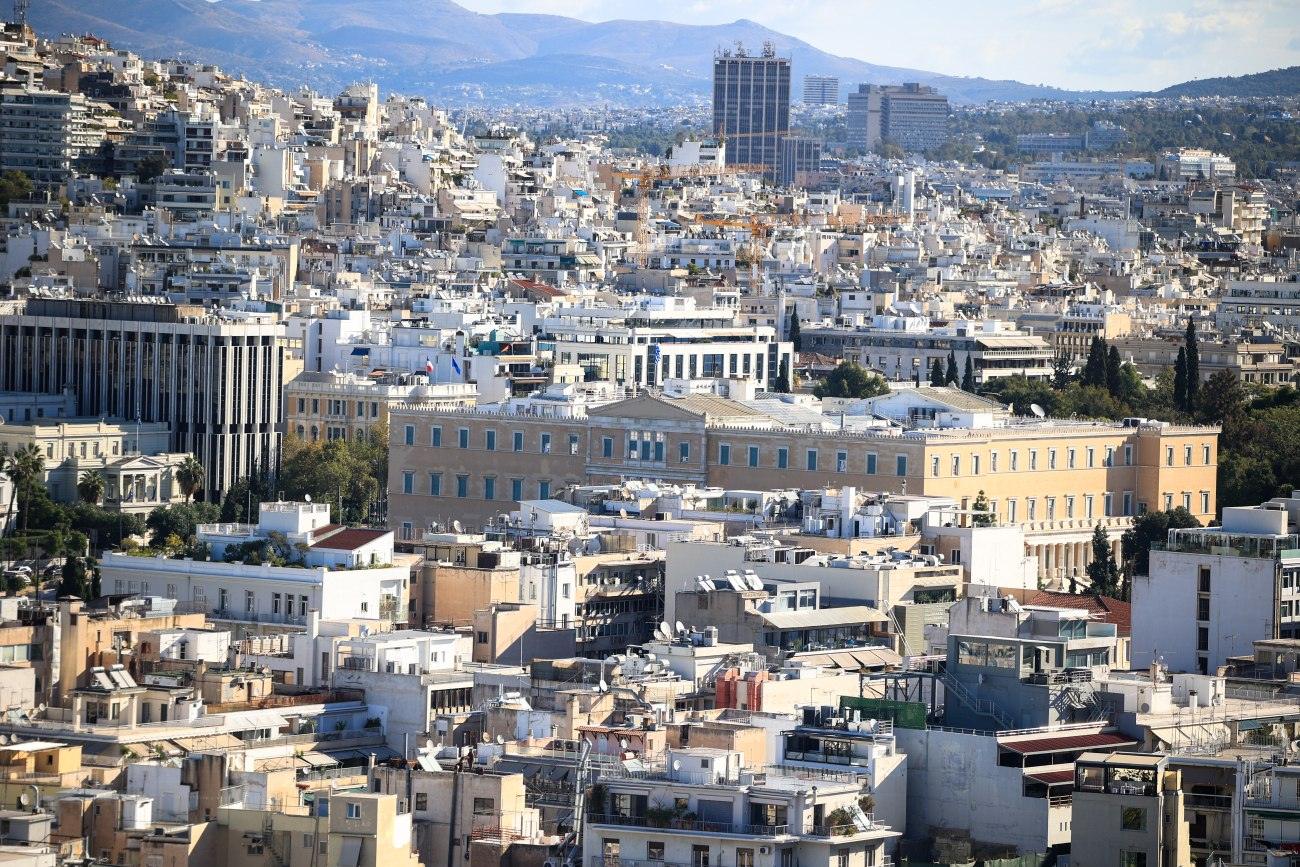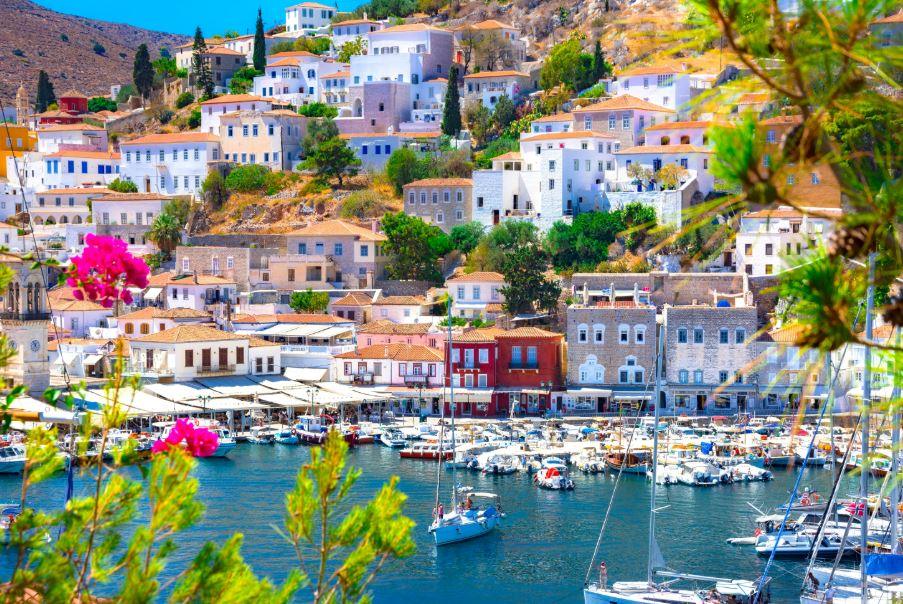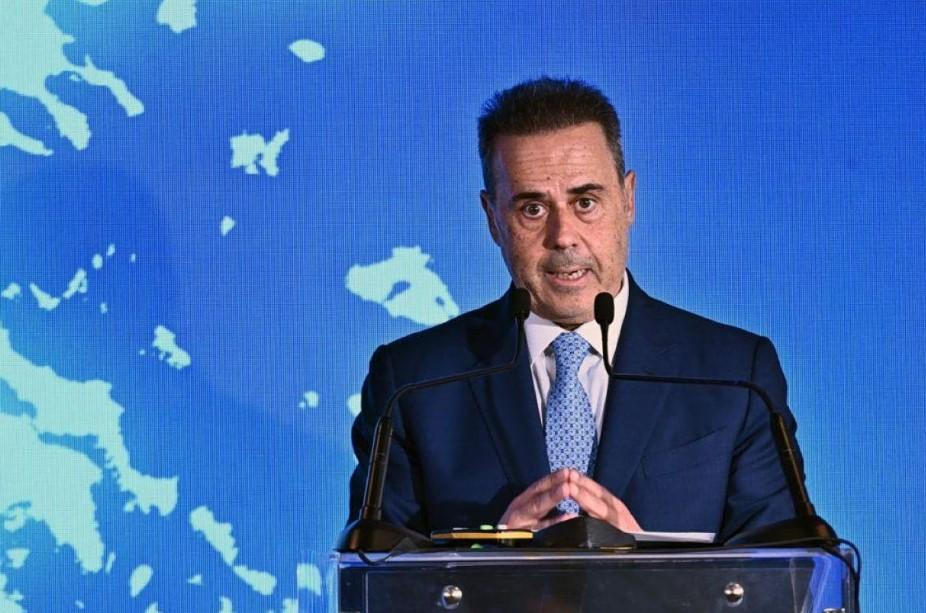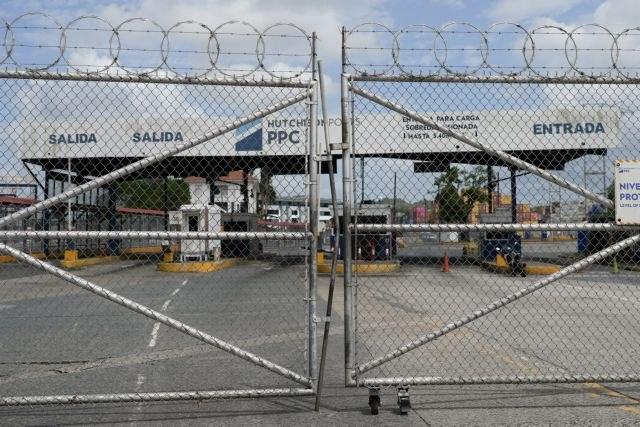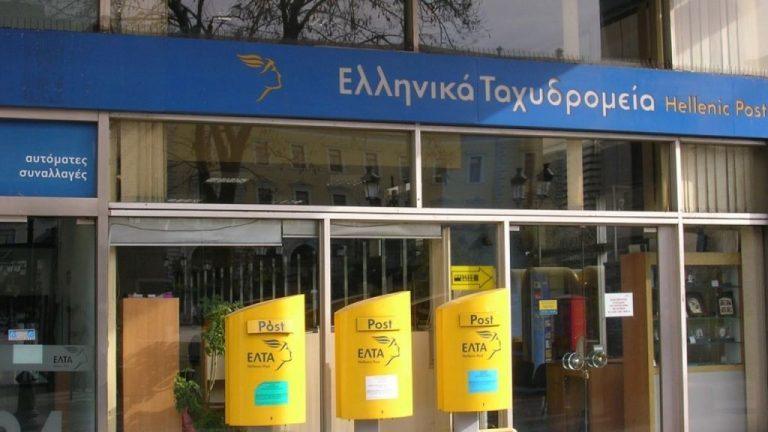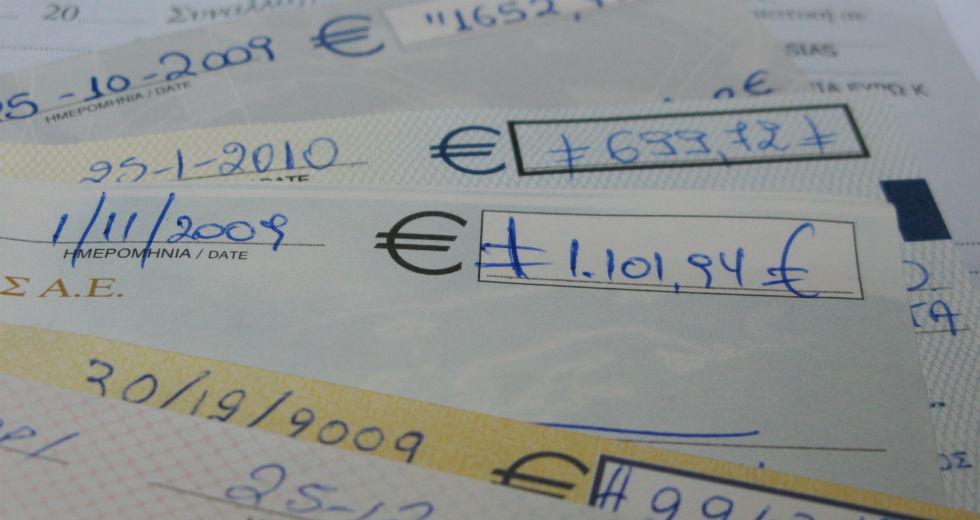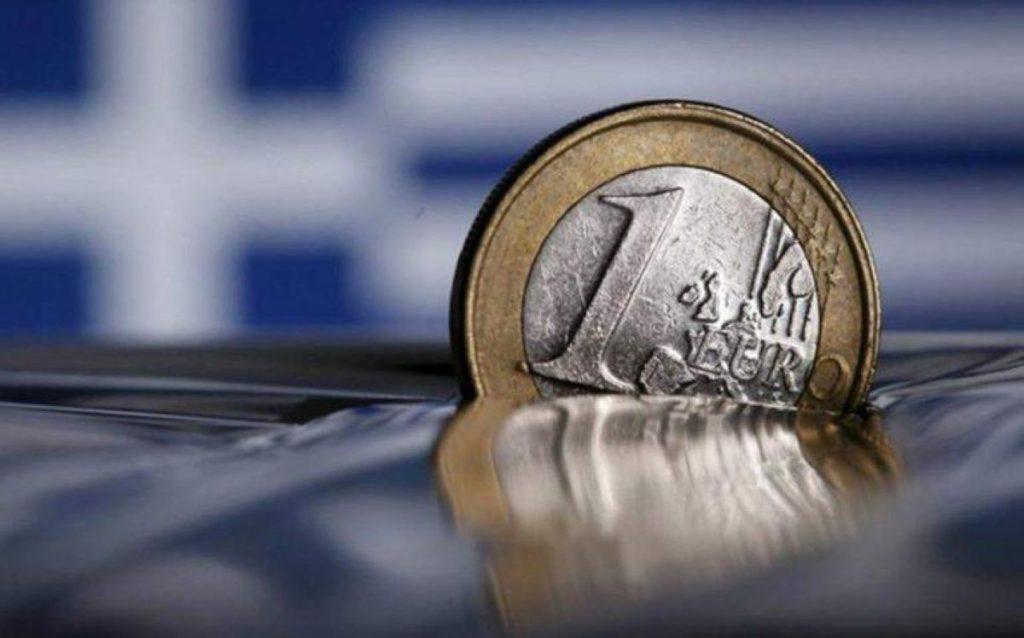Consumers are in for more shocks as inflation jumps above 12%, with waves of price hikes in energy, transport, food and housing bringing them to their knees.
Greek Statistical Authority (ELSTAT) is going to announce inflation figures today and it is assumed that it will break the “barrier” of 12%, from 11.3% in May and 10.2% in April, based on the preliminary estimates of the European Statistical Authority (Eurostat) for the harmonized price index.
However, Greece has not had an inflation rate of 12% since December 1993, which is a nearly 29-year high.
It is worth noting that in its recent monetary policy report, the Bank of Greece revised its growth forecast downward to 3.2% (1.8% in the adverse scenario) and expects inflation as a whole for the current year to reach 7.6%.
Inflation – poison for growth
Foundation for Economic & Industrial Research – IOBE also sounded the inflation alarm, which it “sees” rising to 9%-9.6% this year.
Inflation is running faster now in Greece and “it is a poisonous substance that has entered the body of the economy,” said IOBE director general Professor Nikos Vettas, adding that Greece has higher inflation than the eurozone average. This creates issues of competitiveness of the economy. He emphasized, in fact, that the rise in inflation is not only linked to the effect of the war in Ukraine, but also to pre-existing imbalances in the economy, mainly to the fact that large subsidies were given to consumers during the pandemic and with the end of consumption increased sharply, before the supply side had a chance to gear up to meet rising demand.
“The war in Ukraine was the spark that ignited this bout of inflation, but it found kindling in the previous state of the world economy, where there were strong imbalances,” Nikos Vettas noted characteristically.
Harbinger of further price hikes
The producer price index in industry also “shows” greater appreciations. In May, the industrial producer price index jumped 43% year-on-year. It is recalled that in April it had climbed to 48.8%.

